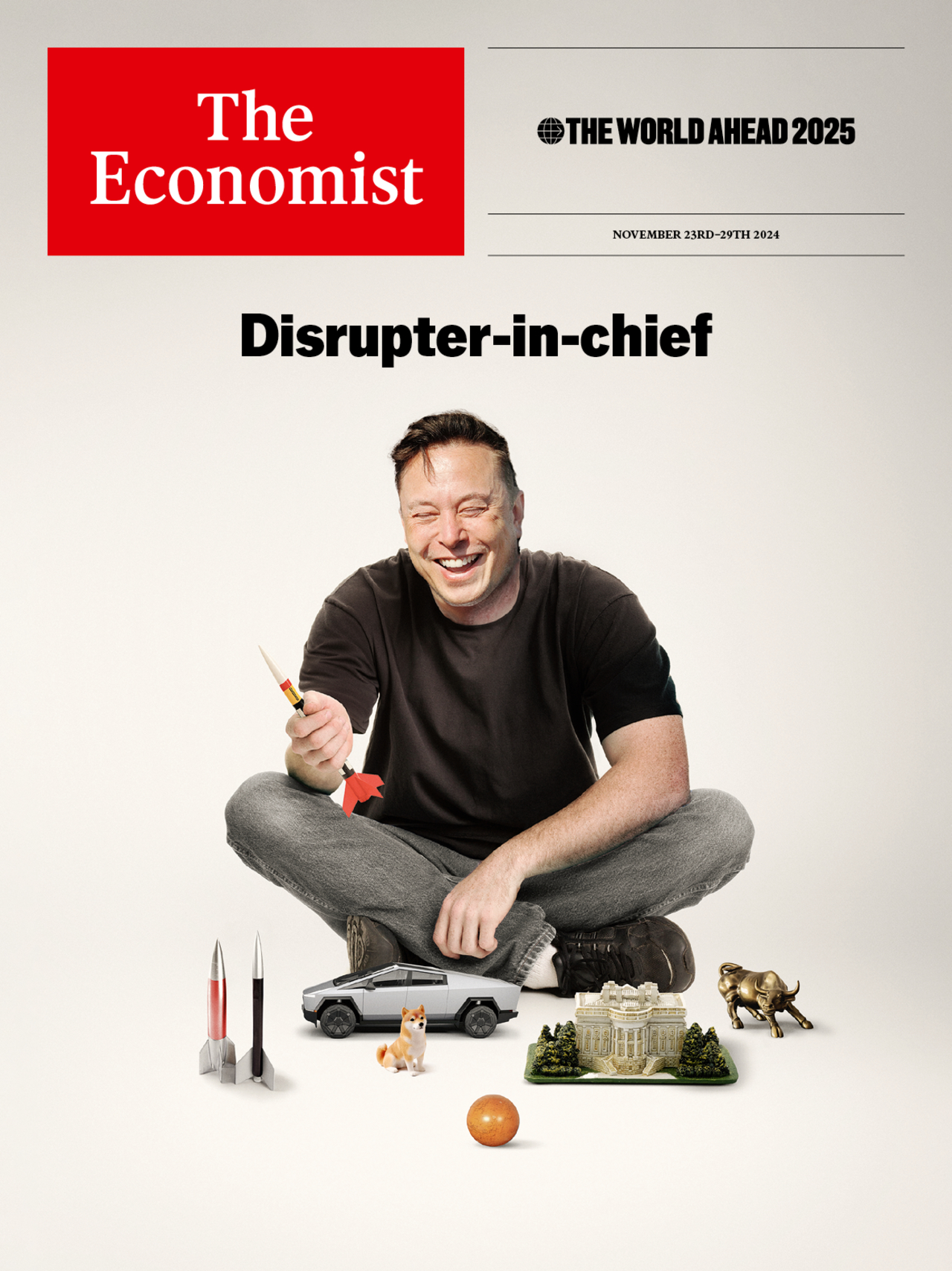The gaming industry is at a crossroads. After a pandemic-fueled boom, the industry is now facing severe challenges. Thousands of workers have lost their jobs, and successful studios have been shut down. The industry is on shaky ground, and the uncertainty is palpable.
One of the biggest concerns is the rise of generative AI. While some see it as a potential saviour, others are worried that it will replace human creatives. The tech giant Nvidia has shown off impressive development tool prototypes, and gaming industry heavyweights such as Electronic Arts and Ubisoft are investing heavily in the tech. But what does this mean for the workers in the industry?
The gaming industry is going through a period of significant change
According to Jess Hyland, a video game artist with almost 15 years of experience, the industry is on shaky ground. “I’m very aware that I could wake up tomorrow and my job could be gone,” she says. The fear is that AI will replace human creatives, and that jobs will be lost. But is this fear justified?
AI-generated art is becoming increasingly sophisticated
Proponents of AI argue that it can save development time, free workers up to focus on creativity, and provide a more personalised user experience. But others are not so sure. “The people who are most excited about AI enabling creativity aren’t creatives,” says Jess. She believes that bosses see AI as a path to cutting costs, and that jobs will be lost as a result.
One of the biggest concerns is that AI will serve to minimise, rather than enable, the work of creatives. Instead of creating their own material, artists worry that they will end up supplementing AI’s efforts, rather than the other way around.
Game development is a complex process that involves many different skills
Chris Knowles, a former senior engine developer at Jagex, agrees. “If you’re going to have to hire actual human artists to fix the output, why not harness their creativity and make something new that connects with players?” he says. Chris now runs his own indie studio, Sidequest Ninja, and is concerned about the impact of AI on the industry.
Indie game development is a challenging but rewarding field
One of his concerns is around cloned games. Online game stores are rife with imitations of original titles, and Chris worries that AI will make it even easier for clone studios to churn out low-quality games. “Anything that makes the clone studios’ business model even cheaper and quicker makes the difficult task of running a financially sustainable indie studio even harder,” he says.
Cloned games are a major problem for indie developers
It’s a complex issue, and one that requires careful consideration. While AI may hold some promise for the gaming industry, it’s clear that there are also significant risks involved. As the industry continues to evolve, one thing is certain - the future of gaming is uncertain.


 Photo by
Photo by 












